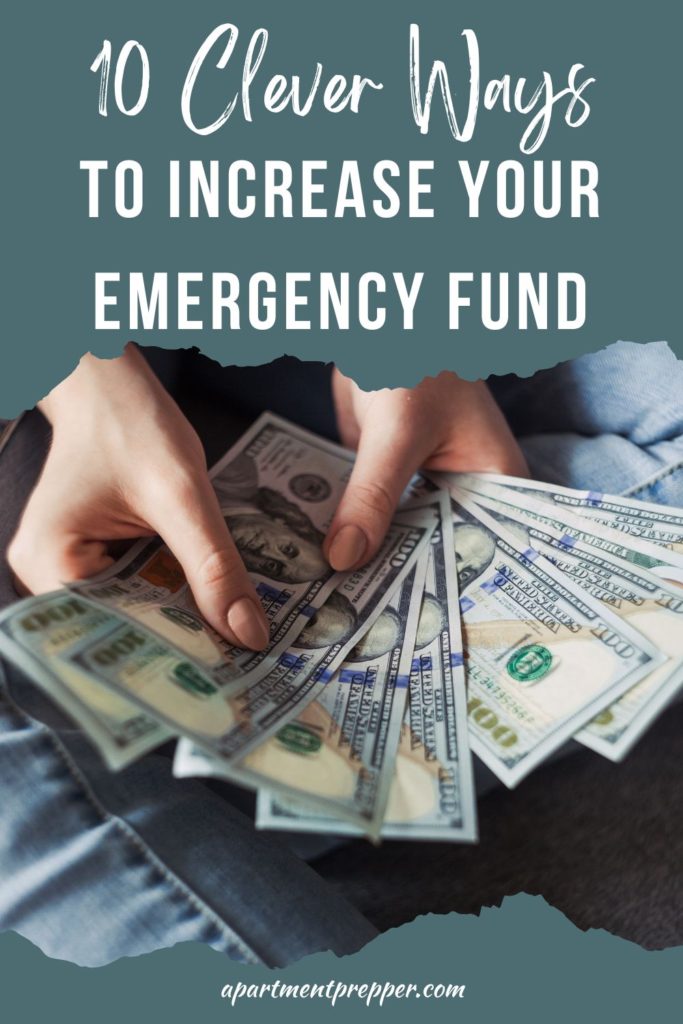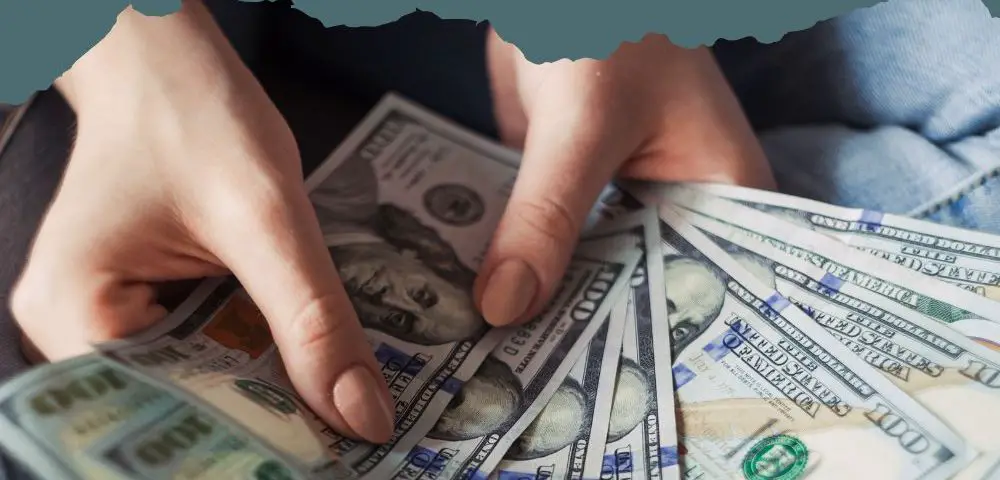Written by Martin Banks
Emergency funds are something every family needs. You never know when a sudden illness could come up or someone could lose their job — so you’ll need enough money to comfortably take care of your household while you get back on your feet.
Anywhere from three to six months’ worth of expenses should go into your savings account, but you can always add more, depending on what you feel like. Here are some tricks to help you save money.
1. Set Small Goals and Celebrate Big Wins
Setting small goals will help you carry through the tough times. Big plans are great, but they’re not as quickly achievable. These smaller objectives make it possible to pick up momentum in the beginning, so reaching your big goals is more attainable.
Similarly, celebrating big wins is crucial to keeping yourself motivated. When you’ve reached one of your goal amounts, treat your family to something nice. You don’t have to go overboard with a reward, but something small should be just enough to keep everyone happy and satisfied with what you can achieve next together.
2. Pick up a Seasonal Job
You could consider picking up another job. Summer jobs or those near the winter holidays might be easier to come by than during other times of the year. Just a few extra hours could give your emergency fund extra cash and propel you closer to one of your goals.
Your extra job doesn’t need to be boring. Try searching for one at a location or in an industry that has always intrigued you. You might learn something new about the field during your time as a temporary worker, or you might even find yourself making a career change.
3. Cut Back on Eating Out
Restaurants and food delivery are so convenient. These options might be tempting if you don’t have much time or desire to cook. You should treat yourself sometimes, but those costs can add up fast — and even eat into what you could put into your emergency fund if you’re not careful.
People tend to cut out restaurants before anything else when expenses get higher. Putting money aside that you would have spent on restaurants lets you easily save money without even trying.
4. Monitor Your Spending
You should be aware of every cent that leaves your bank account. Make sure to spend wisely. Before buying something, ask yourself if you really need it or if it’s just a convenience you’d like. Don’t think twice when it comes to something you need for your health or well-being, but otherwise, it can probably wait. Once you know where your extra money is going, you can limit how you spend it.
5. Invest in Property
One way to give your emergency fund a cash injection is to look at opportunities you can invest in. Spending money on property while building your emergency fund might seem counterintuitive, but it can work to your advantage.
You can rent it out for short-term vacations and make some extra money. Always make sure your rental property stands out by adding something unique, like a game room, to attract people who will want to stay in it.
6. Pay in Cash
Something about cash makes it harder to spend money. When you use a card, you may not recognize just how much you’re spending. Dollars make it easier to notice when your expenses add up.
Paying in cash can help you think twice about buying something you don’t need. Plus, sticking to a budget is easy when you have all the money you’ll use for the month in one place. Cash is also a good option to avoid any transactional fees or hidden requirements that come with using cards.
7. Start a Side Hustle
Side hustles don’t have to be complicated. You can freelance creating art or writing, or you could sell things you make at a local craft fair. Keep your eyes open for opportunities that suit you.
Something you do for a hobby might help you make money that you can contribute directly to your emergency fund. If your side hustle creates a profit for you, consider turning it into a small business if you feel like working for yourself.
8. Don’t Limit Yourself Completely
Being too frugal can hinder your endeavors. When you leave yourself no wiggle room, you’ll be more tempted to go for the things you can’t have. Eat at your favorite restaurant once in a while. Get something small to upgrade the appearance of one of your rooms. Do what you can to keep yourself happy while saving the most money possible.
9. Automate Your Savings
Some apps can save money for you as soon as it hits your bank account. Consider automating your savings and putting it in an account that’s off-limits unless absolutely needed. You can build your emergency without thinking about it.
Still, automated savings can’t be the only thing you rely on. It’s a great way to start, but you have to couple the service with other skills to ensure you save your money.
10. Find Out What Makes You Happy
Dig deep within yourself to understand why you really enjoy spending money. Some people do so when they’re upset or stressed because having new or nice things makes them feel good. However, that feeling fades.
If you or someone in your household has a shopping addiction, you need to get to the root of the problem. Once you know why you purchase things you don’t need, you can start addressing the issue instead of burying it.
Work on Your Emergency Fund When You Can
Take it slow if you need to. You don’t want to put so much money a month into your emergency fund that you have very little left for your necessities. Building savings might be a slow journey, but it’ll be worth it once you’ve reached your final goal. Remember to treat yourself now and then — it’s the only way you’ll be able to continue on the long savings journey.
About the author
Martin Banks is the managing editor at Modded. Follow him on Twitter @TModded for frequent updates on his work.
We are an affiliate of Amazon.com, which means we received a small commission if you click through one of our Amazon links when you shop, at totally no cost to you. This helps keep the lights on at the blog. Thanks!
Give the gift of prime:Photo by Alexander Mils on Unsplash



I use the Acorns app to save money for me.
They set aside money for my retirement.
The Trubill app helped me find subscriptions I was paying but don’t use or had forgotten about.
Best thing about them is, the’ll cancel the stuff for you so you don’t have to hassle with it.
Look for an app that works best for you.
Hi Joseph, Great suggestions! Will have to look into those apps. Thanks for the comment.